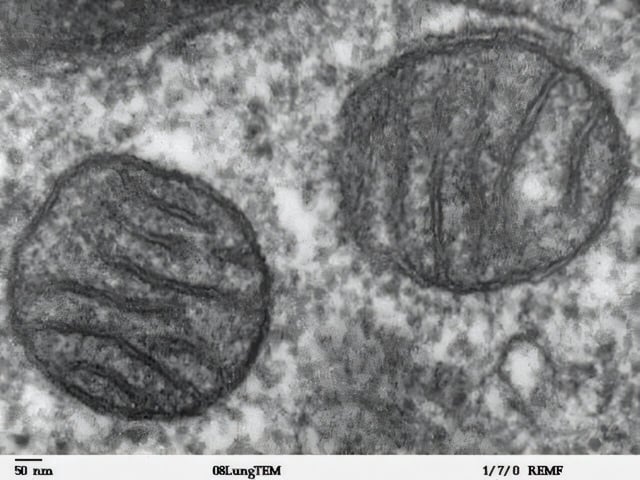Overview
- Researchers at Lund University mapped protein expression in 151 melanoma and normal skin samples for a study published June 23 in CANCER.
- They found that the most aggressive melanoma cells overactivate mitochondrial protein synthesis and energy conversion pathways, creating a vulnerability to specific inhibitors.
- In laboratory experiments, antibiotics targeting mitochondrial ribosomes and specialized energy-production inhibitors effectively halted or killed melanoma cells while sparing noncancerous skin cells.
- The team identified a mitochondrial-protein signature detectable in routine biopsies that can predict which patients may benefit from these targeted therapies.
- Integrating mitochondrial blockers with existing standard-of-care treatments could block key resistance mechanisms, with potential applications across other hard-to-treat cancers.
